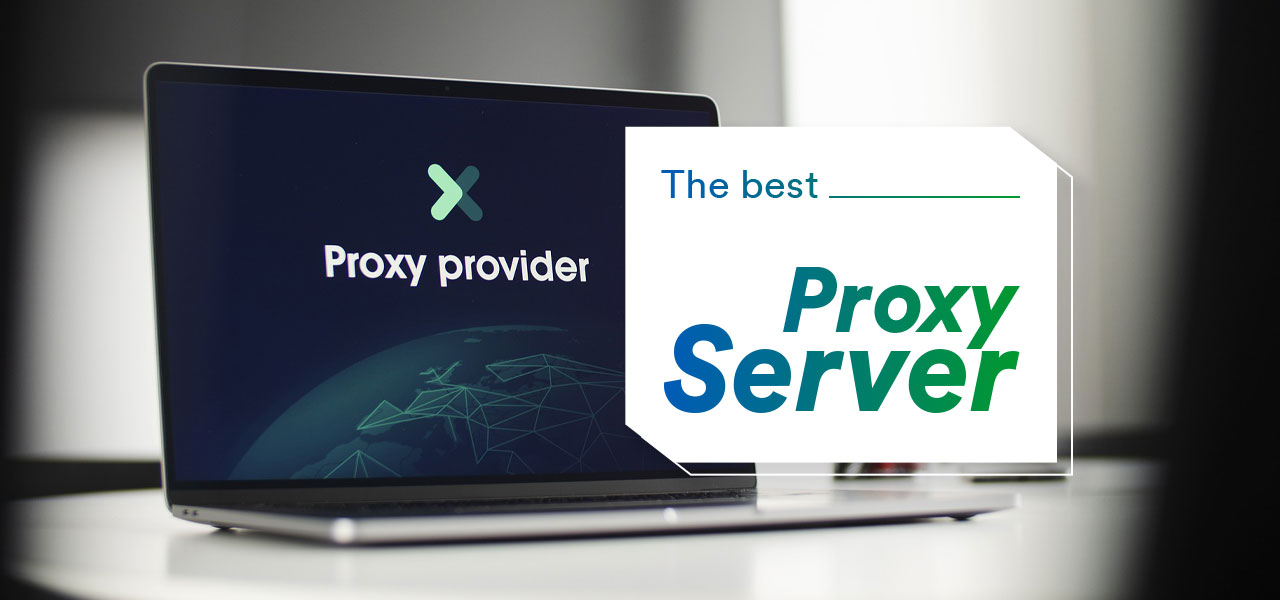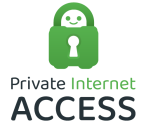
While looking into different VPN choices, you might come across the term ‘proxy servers’ occasionally. VPNs and top **Proxy Servers** have similarities, but they vary in effectiveness. They both aim to alter your browser’s displayed location online, granting some level of anonymity and protecting your identity by hiding your real location. Yet, the methods they use to achieve this goal are quite different. Curious to learn more? Keep reading to discover the ins and outs of VPNs and **Proxy Servers**.
Secure your connection, stream without restrictions, and browse privately. ExpressVPN includes fast global servers and a 30-day money-back guarantee so you can test it risk-free.
What’s a proxy?
When using the best proxy service, you are allowing a program to work as a go-between for the internet and your device. Like a VPN, a proxy server alters your IP address, which hides your actual location and changes it to somewhere else. This can be a useful tool if you want to access online materials that aren’t available in your country. You can access a site through a proxy server and it will be tricked into thinking you’re in the right country. There is very little encryption or risk associated with an action like this.
You might also want to use this feature for finding more affordable prices for your online purchases. Plane tickets, for example, can be found considerably cheaper by spoofing the site into thinking you’re accessing from a different country.
When it comes to using a proxy server, you will probably need to set up additional applications (such as different browsers, torrenting clients, etc.) to work with the proxy. This differs from a VPN. Once you’ve installed it, a VPN works across all applications and browsers automatically.
As mentioned before, using a proxy server does not involve any encryption of your information. Creating a false IP address hides your location, but there is still the risk that your private information could be compromised. On the contrary, a reputable VPN will always include security and privacy options as part of the service. If you’re accessing the internet via WiFi, it’s usually advisable to make use of a VPN rather than a proxy. Certain plugins like Flash or programming languages like Javascript can see through a proxy server’s attempts to hide your IP address and are often recognized by sites that can easily block you until you cease using the proxy.
We will talk a bit more about proxies and then take a look at our top proxy server list.
Proxy Server Protocols: HTTP and SOCKS
Proxy servers operate using either HTTP or SOCKS protocols. Which is the best proxy option for you?
HTTP Proxies
HTTP proxies have been around longer than SOCKS, and are used for handling HTTP-only web traffic.
To begin using an HTTP proxy, you need to connect the proxy server and the config file of your chosen web browser. Then, all traffic will reach you through the proxy, which is remote. There may be a browser extension available to allow proxy support in your browser.
To keep your information safe, especially when doing things like online banking or password forms for emails, social media, etc., you need to be sure that your data is protected. Do this by making sure SSL is enabled in your browser and only access websites that are marked ‘Secure’. This means that the site encrypts your information, protecting it from being stolen by a hacker or criminal group. Even the best proxy server is not designed to encrypt your information – no matter how sensitive – so you need to keep your details safe by other means.
SOCKS Proxies
Evolved from HTTP proxies, SOCKS proxies can process all types of information – not just HTTP web traffic. This means that a SOCKS proxy can be used for downloading torrents, accessing media in other countries and other activities that an HTTP proxy can’t handle.
The downside of using a SOCKS proxy is that it takes considerably longer to process the information.
How to Choose the Best Proxy Service
It’s a good idea to shop around when looking for the best VPN, and the same applies when finding the best proxy service to fit your requirements. If you search for the best proxy servers online, you’ll likely come across a whole host of free options. While these might be appealing, especially for first-time proxy users, it’s a much better idea to find a paid version.
Proxies that you pay for will be more reliable, secure and safe to use – they’re well worth the money. These are reputable companies that have more to lose than their free alternatives. Free proxy servers are often full of annoying ads, take ages to process information and are peppered with threats to your privacy and computer health. Free proxy services can even be the mask for a team of criminals who want your details and will hover until they have your most valuable sensitive information, like your banking passwords or card numbers.
The Best Proxy Server – As Recommended By Us
Some of the best proxy services are available through providers known for their quality VPNs. It’s a safe way to ensure you’re getting a trustworthy and effective product. Sometimes a proxy will be included as part of your VPN service; other times it will be a separate service of its own.
Here is our definitive top proxy server list, as recommended by us experts. We’ve included the best features of each proxy so you can find the right one for you.
Conclusion
We hope you’ve found our top proxy server list helpful in making your decision. Stay safe while using the internet, whether you’re using a proxy or a VPN, by always doing your research and finding the best option for your device and operating system. When it comes to your online security, it pays to go the extra mile.






